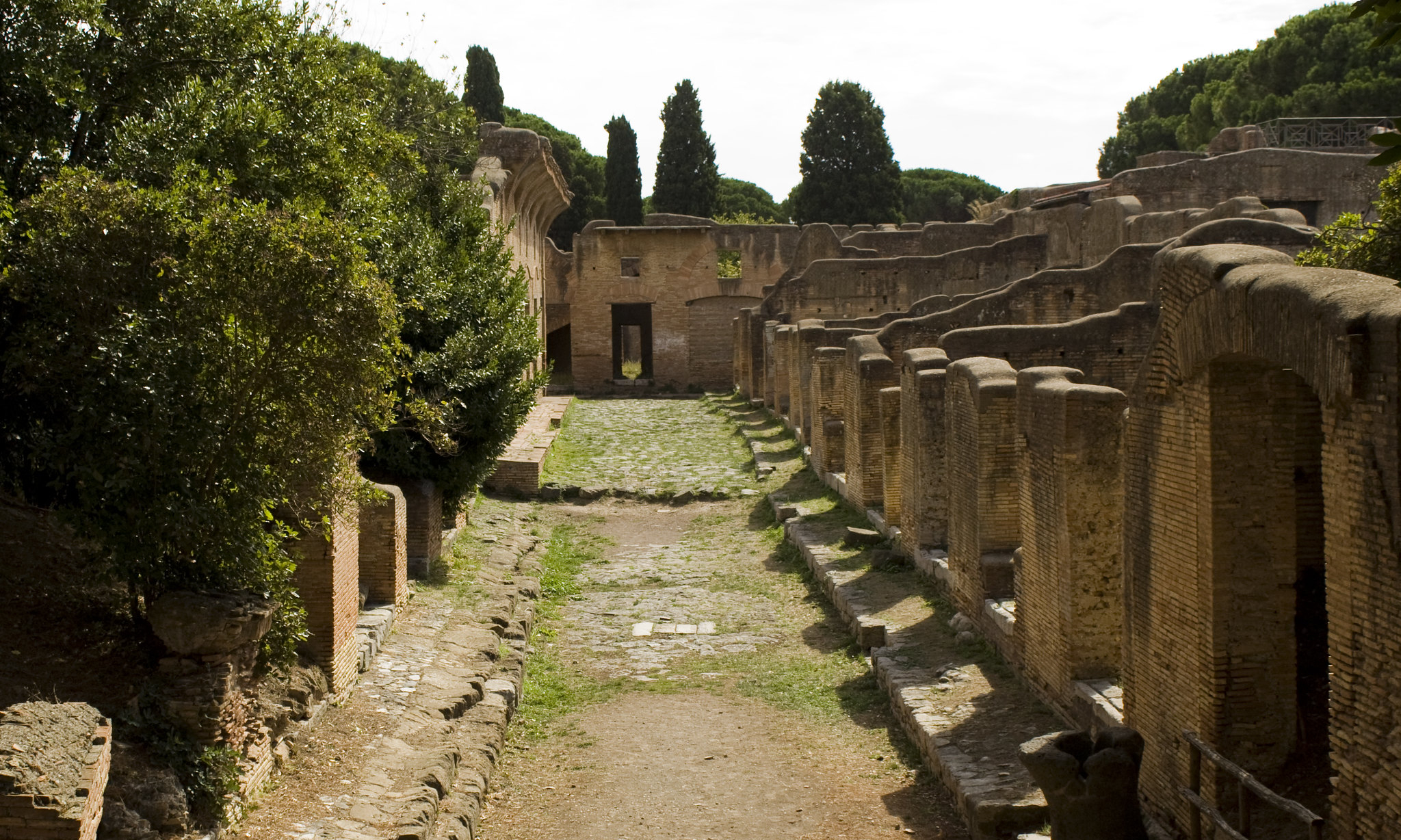Christus surrexit, alleluia! Vere surrexit, alleluia!
Nothing quite reflects the splendor of the first Easter like the early years of the Church. It’s as if the paschal flame, first lit in the dark tomb on Holy Saturday and then taken up to heaven with the Risen One, finally rushes back down into the Upper Room and then out to “all Judea and Samaria and to the ends of the earth” (Acts 1:8).
A quick glance through the epistles of St. Paul helps prevent an overly romanticized image of first-century Christianity, but there is still good reason for the great Paschal liturgies to initiate our seven-week reading of the Acts of the Apostles. “I have come to cast fire on the earth; and would that it were already kindled!” (Luke 12:49). After all, the Easter fire must burn until the whole world has heard the gospel (Luke 24:44-48), and the Acts of the Apostles watches that apostolic preaching come to life.
Today’s first reading would have surely caught the Dominican ear, since Augustine took this passage as a Scriptural basis for our rule of life: “Now the company of those who believed were of one heart and soul, and no one said that any of the things which he possessed was his own, but they had everything in common” (Acts 4:32). Luke immediately suggests that this unity of the newborn church in Jerusalem reinforced her preaching: “And with great power the apostles gave their testimony to the resurrection of the Lord Jesus, and great grace was upon them all” (Acts 4:33). He then resumes his portrait of the believers providing for those in need.
Before we accuse him of endorsing Marxism and invoke Leo XIII’s stolidly anti-communist encylical Rerum novarum (or its two twentieth-century sequels), Luke offers his readers the account of Ananias and Sapphira. In the fifth chapter of Acts, Peter uses their situation as an opportunity to clarify that partial or total surrender of one’s possessions is meant to be voluntary, not mandatory. From Peter to Leo XIII and up to the present-day, the Church has been consistent in her basic appreciation of private property. Only the presumption of initial ownership allows the practice of tithing and vows of evangelical poverty to have any merit at all.
For the evangelist, however, even the long-term feasibility of the “Jerusalem option” seems beside the point. Rather, what matters is that the Gospel could be preached effectively because the world saw Christians living differently: “By this all men will know that you are my disciples, if you have love for one another” (John 13:35). Second-century apologists felt confident appealing to the Christians themselves as evidence, those who “pass their days on earth” but “are citizens of heaven” (Epistle to Diognetus, 5). Just as the invisible soul gives life to the visible body, the Christian gives a new life to the world, even at the cost of his own (Diognetus, 6).
The argument doesn’t reduce Christianity to superhuman altruism clinging to a better, more generous ethic. To the contrary: if the world asks why religious still live vows of common poverty, chastity, and obedience, or why someone like Maximilian Kolbe offered his life for a stranger, Jesus himself gives us the explanation: “The wind blows where it wills, and you hear the sound of it, but you do not know where it comes from or where it goes; so it is with every one who is born of the Spirit” (John 3:8). Any participation in the burning charity which we must possess comes in the new life of grace; it bears witness not to mere human effort, but to the gift of the Holy Spirit. As the apologists claimed for the martyrs, “this does not seem to be the work of man: this is the power of God” (Diognetus 7).
When the pandemic restrictions are finally alleviated, the hard reality is that many will still be suffering, grieving, and alone. In our cities and churches, disease certainly, but also layoffs and spikes in prices will affect the poorest the most. It would be good to start planning how we, then reunited with the risen Lord in sacramental Communion, will also personally tend to his hunger, thirst, and sickness during those months. The works of mercy (both corporal and spiritual) have always been second nature to those “born of the Spirit”; likewise, they have always served as a life-giving testimony to the resurrection of our Lord Jesus.
✠
Photo by Fr. Lawrence Lew, O.P. (used with permission)







